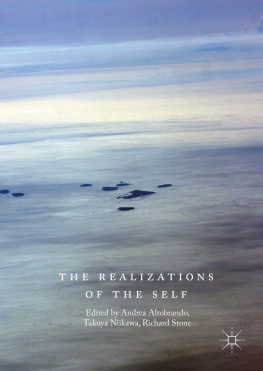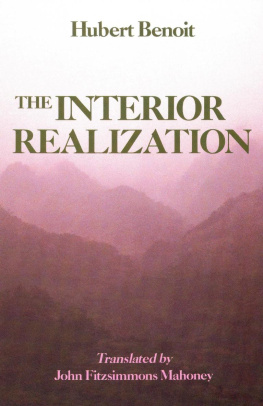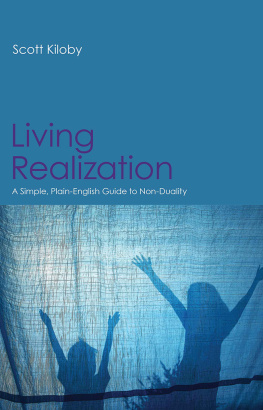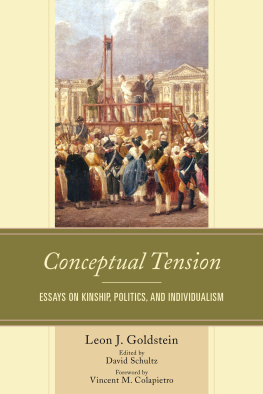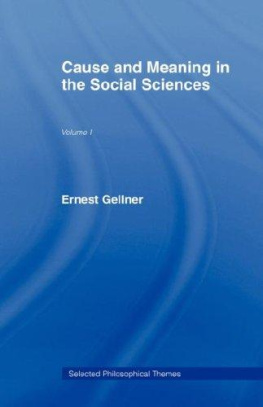Contents
Landmarks
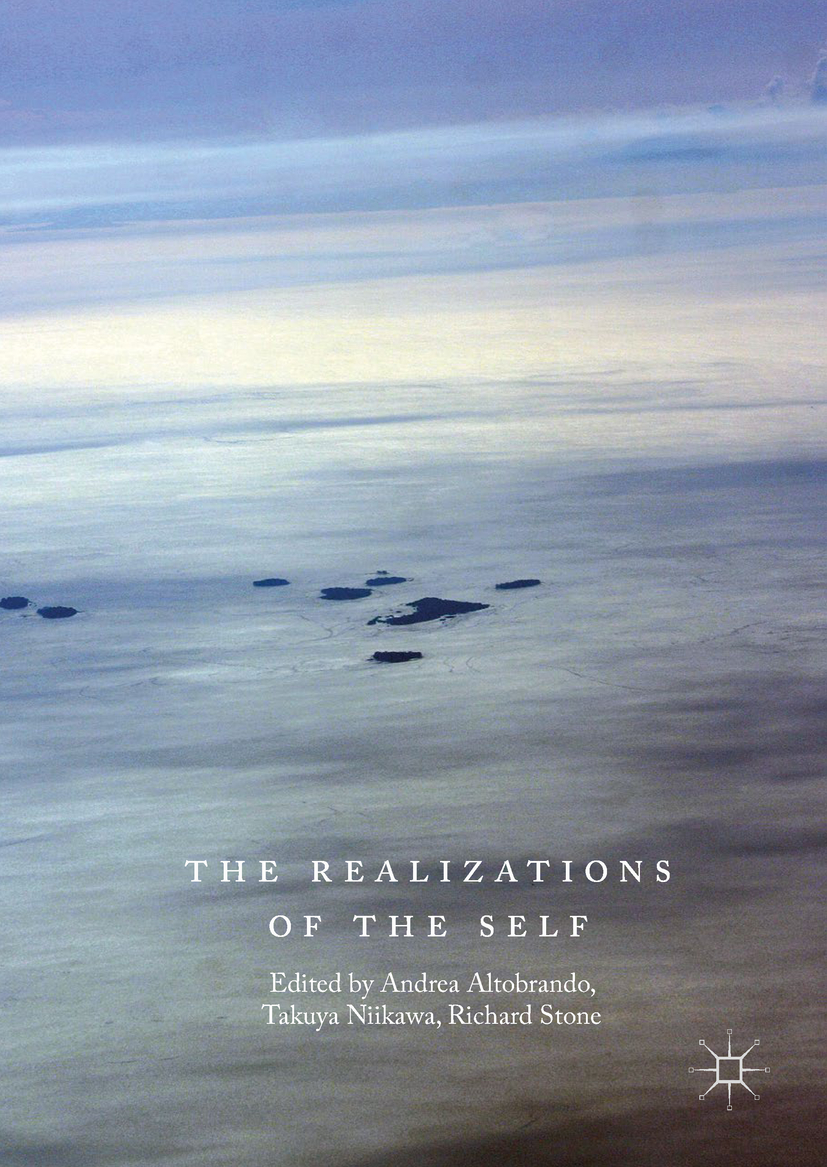
Editors
Andrea Altobrando , Takuya Niikawa and Richard Stone
The Realizations of the Self
Editors
Andrea Altobrando
China University of Political Science and Law, Beijing, China
Takuya Niikawa
Institut Jean Nicod, Paris, France
Hokkaido University, Sapporo, Hokkaido, Japan
Richard Stone
Hokkaido University, Sapporo, Hokkaido, Japan
ISBN 978-3-319-94699-3 e-ISBN 978-3-319-94700-6
https://doi.org/10.1007/978-3-319-94700-6
Library of Congress Control Number: 2018949034
The Editor(s) (if applicable) and The Author(s), under exclusive license to Springer International Publishing AG, part of Springer Nature 2018
This work is subject to copyright.. All rights are solely and exclusively licensed by the Publisher, whether the whole or part of the material is concerned, specifically the rights of translation, reprinting, reuse of illustrations, recitation, broadcasting, reproduction on microfilms or in any other physical way, and transmission or information storage and retrieval, electronic adaptation, computer software, or by similar or dissimilar methodology now known or hereafter developed.
The use of general descriptive names, registered names, trademarks, service marks, etc. in this publication does not imply, even in the absence of a specific statement, that such names are exempt from the relevant protective laws and regulations and therefore free for general use.
The publisher, the authors and the editors are safe to assume that the advice and information in this book are believed to be true and accurate at the date of publication. Neither the publisher nor the authors or the editors give a warranty, express or implied, with respect to the material contained herein or for any errors or omissions that may have been made. The publisher remains neutral with regard to jurisdictional claims in published maps and institutional affiliations.
Cover credit: Photography by Mangiwau
This Palgrave Macmillan imprint is published by the registered company Springer Nature Switzerland AG
The registered company address is: Gewerbestrasse 11, 6330 Cham, Switzerland
Contents
Andrea Altobrando , Takuya Niikawa and Richard Stone
Part I Understanding the Self
Akiko Frischhut
Shigeru Taguchi
Michael G. Butler and Shaun Gallagher
Georg Northoff
Gilles Campagnolo
Part II IntermezzoSpeaking of Oneself
Galen Strawson
Galen Strawson and Andrea Altobrando
Part III Fulfilling the Self
Tomohiko Kondo
Yudai Suzuki
Lidia de Tienda Palop
Pierfrancesco Biasetti
Nicola Liberati
Ching-Yuen Cheung
Richard Stone
Index
List of Figures
Fig. 5.1 Temporal receptive windows (TRW) and temporal expansion windows (TWE) for processing of external and internal information
Fig. 5.2 Transformation of the temporal features of CMS neural activity (left) into corresponding temporal features of self-continuity (middle) and identity (right)
Contributors
Andrea Altobrando
China University of Political Science and Law, Beijing, China
Pierfrancesco Biasetti
University of Padova, Padua, Italy
Michael G. Butler
University of Texas Rio Grande Valley, Edinburg, TX, USA
Gilles Campagnolo
CNRS, EHESS, Centrale Marseille, AMSE, Aix-Marseille University, Marseille, France
Ching-Yuen Cheung
Department of Japanese Studies, Chinese University of Hong Kong, Shatin, Hong Kong
Akiko Frischhut
Akita International University, Akita, Japan
Shaun Gallagher
University of Memphis, Memphis, TN, USA
Tomohiko Kondo
Hokkaido University, Sapporo, Japan
Nicola Liberati
University of Twente, Enschede, The Netherlands
Takuya Niikawa
Institut Jean Nicod, Paris, France
Hokkaido University, Sapporo, Japan
Georg Northoff
Institute of Mental Health Research, University of Ottawa, Ottawa, ON, Canada
Richard Stone
Hokkaido University, Sapporo, Japan
Galen Strawson
Texas University at Austin, Austin, TX, USA
Yudai Suzuki
International Budo University, Katsuura, Japan
Shigeru Taguchi
Hokkaido University, Sapporo, Japan
Lidia de Tienda Palop
University of Valencia, Valencia, Spain
The Author(s) 2018
Andrea Altobrando , Takuya Niikawa and Richard Stone (eds.) The Realizations of the Self https://doi.org/10.1007/978-3-319-94700-6_1
1. Introduction
Andrea Altobrando
(1)
China University of Political Science and Law, Beijing, China
(2)
Institut Jean Nicod, Paris, France
(3)
Hokkaido University, Sapporo, Japan
Andrea Altobrando
Every now and then they were awarded prizesSelf-help by Smiles, and other books suitable for perusal by persons suffering from almost complete obliteration of the mental faculties.
Robert Tressell, The Ragged Trousered Philanthropists
Within the history of philosophy and across different cultures, few questions have been raised as frequently as what the realization of oneself means . Certainly, one of the very driving forces of philosophy seems to be the clarification of the self and its life. However, in spite of this, within recent years, there have been few serious critical and philosophical efforts to discuss what exactly it means to realize oneself. To this degree, there is a need to critically assess the meaning of self-realization .
Certainly, the topic of self-realization is present in many books concerning ethics, psychology and philosophy of psychologyas well as religious (or perhaps pseudo-religious) works. Yet, in spite of this, recently, there have been no books which clearly, directly and specifically address such a concept. The publications in this regard have mainly considered the philosophical issue of self-realization in historical terms, i.e. by means of interpretations, and expositions, of past authors, especially the ancient Greeks, Romans, and (often exoticized) Eastern thinkerssuch as Laozi, Buddha , Confucius, or the Veda. As mentioned, for current theories, the topic is nowadays mainly left to some religious (and dubiously scientific) works, as well as to some researchers in applied psychology. An up-to-date, open and scientifically rigorous, philosophical discourse on the very concept of self-realization is still lacking. We certainly ought to think of this as a gap that needs to be filled in order to enable an open, critical assessment of both religious and political propaganda. We should furthermore recognize the importance this can have for establishing a critical and democratic political agenda concerning issues concerning the individual and social good as well as well-being .
Indeed, it is not actually obvious what it means to realize oneself. As a matter of fact, both terms included in such an expression are far from clear. What is the self that is supposed to be realized? A person ? An ego ? A specific form of being which is different from what one is as a whole human being , or as a person ? And what does it mean to realize? To achieve a goal? To actualize a plan? To create oneself into a specific shape? To draw out ones own potential? Perhaps more importantly: Is self-realization an act achieved by the self, or is self-realization something more akin to a re-shaping of the self which we only experience passively? What is the relationship between the selfs realization and its environment (both social and natural)? Moreover, what of the relationship between the self and the author of its realization? Should we not, indeed, distinguish between the actualization of what one is, i.e. of the (assumed) essence of someone, and the shaping of someone or of someones life according to a specific model or ideal?

